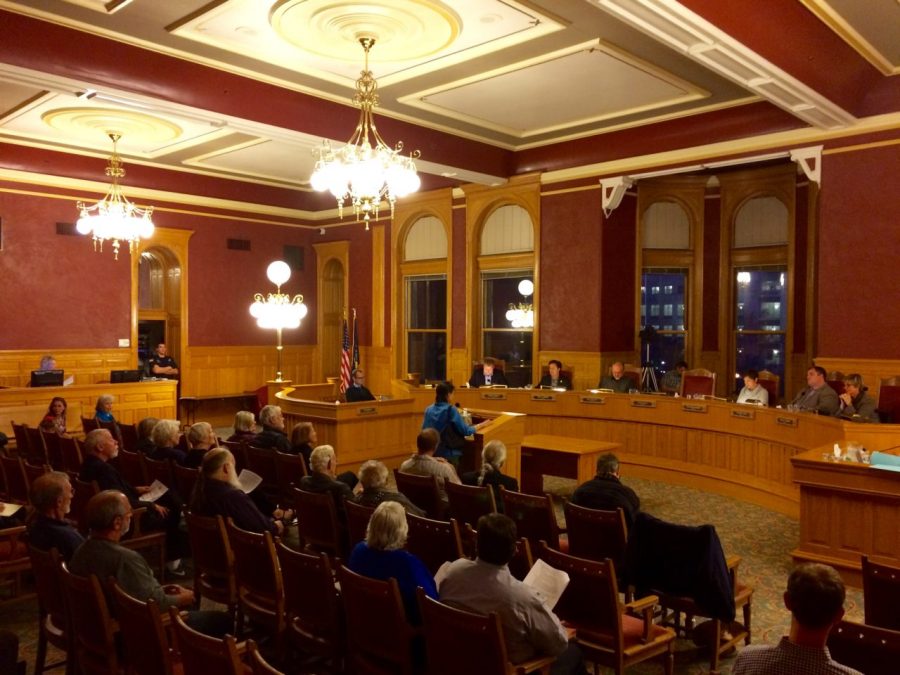It is no secret that America today is politically polarized after a divisive presidential election and many instances of party-line voting in congress. In such an environment, it may seem natural for some to withdraw and try and conceal their political views. But there are other ways to participate as a citizen amid all this controversy. In fact, now that we see national politics divided at such an extreme level, wider participation may be one of the most important remedies to the problem.
National politics are naturally the usual focus of our attention. After all, presidential elections are big events and things we watch months in advance as part of the political coverage. Certainly, there is a good reason for seeing how politics are working at the very top, and continual coverage of these issues is vital. Nonetheless, this is far from the only type of politics that goes on, and when national politics become so embattled it can make people disillusioned with their power as citizens.
With little investigation, one finds that there are chances to express citizenship all around and many are not dragged into the larger fights we see in the national partisan debates. These opportunities are less publicized and do not have the awe that comes with power at a national level. Those who hold these positions aren’t even known to many of their own community members by name and often take on these tasks in relative silence. They are all the more vital, making up the background of the larger national political system that we see in political coverage.
Part of the problem is a lack of awareness of available opportunities. It is a sad state when national election voting participation is so low, but it is even worse with local elections. Many of those passionately engaged in partisan struggles often display a lack of knowledge about how their local government is run. It should be no surprise then, that people everywhere feel as though they have no voice. They are routinely never told of the ways their voices can be heard.
The relatively unknown nature of these positions does have an upside; such roles are often divorced from the same national fighting that makes America so polarized. These positions are not fought about in month-long partisan contests on the national news. They instead often feature people working together as citizens, regardless of party affiliation, in a way that can’t help but change the way we think about politics. We sometimes forget, in seeing a divided national contest, that we still do live in the same country, the same state, even the same towns and cities. We share a lot in common and having a common stake in the success of our community.
It is because of the power of this participation that I want to encourage anyone reading to examine the types of local political action that go on in their very community, especially the ones that may not be tied to national politics. Protests and voting are two of the most discussed ways to make yourself known, but you don’t need to be upset to want to change things in the government. In fact, there are many longer-term ways to be heard that you can check out even in a hectic work schedule. In addition to all the non-partisan elected offices, one can volunteer in a number of advocacy groups that do not take broadcast partisan affiliations and that work on the level of local action. Another example is to head down to your local community council, political meetings in which citizens can often speak openly and interact with those who manage their city or town.
In the end, wider political participation will require an attitude shift on our part. Talking only about national political structures far from our influence is a sure recipe for a disinterested or frustrated population. In turn, this results in citizens spending less time trying to better their country and their government. What if instead, we let the local opportunities take the forefront? What if we firmly recognized the huge power that comes from citizen action on a town or community level? Maybe this is what is needed to inspire genuine participation and end this huge amount of animosity.


